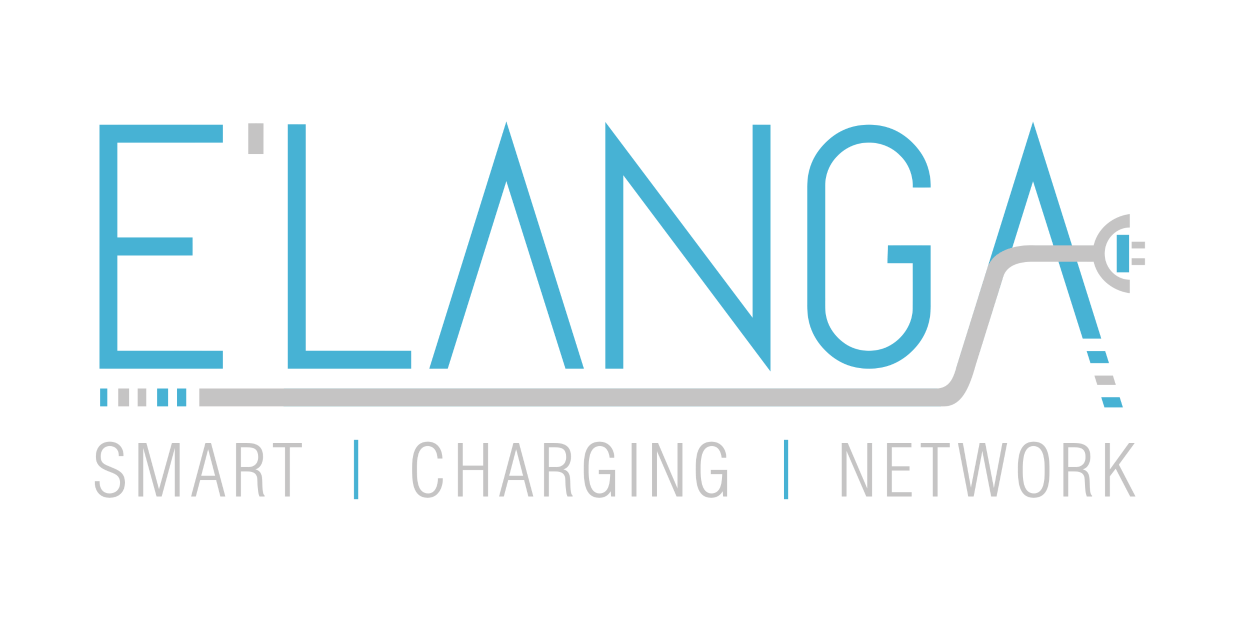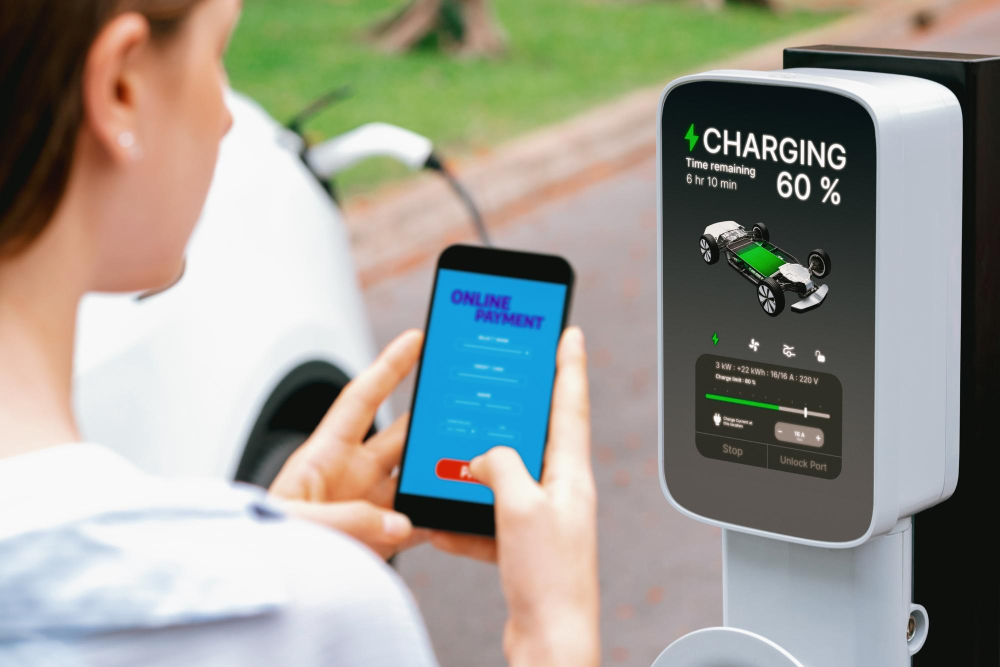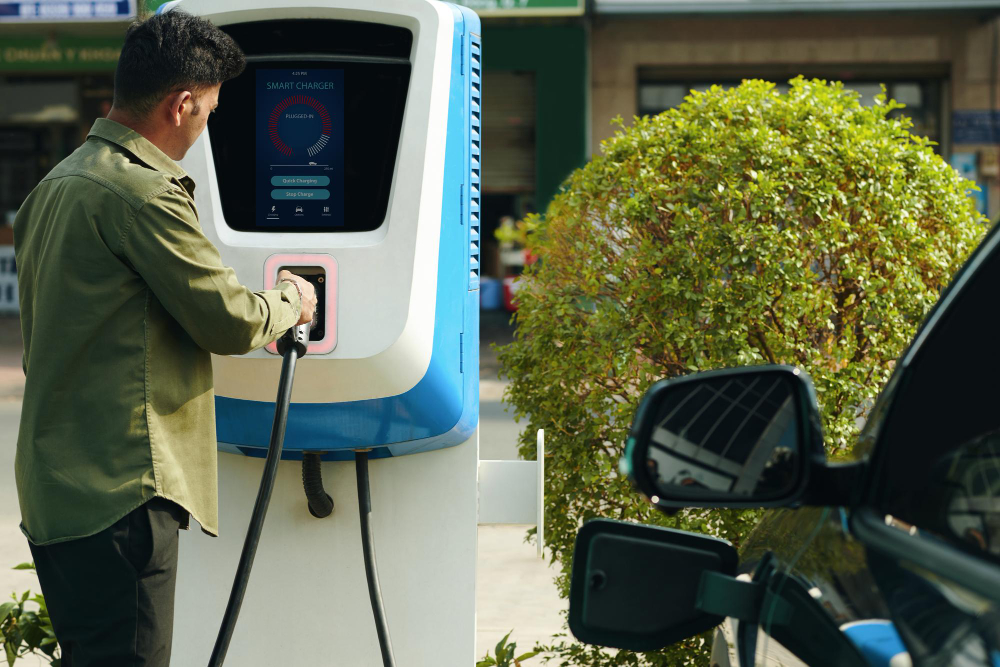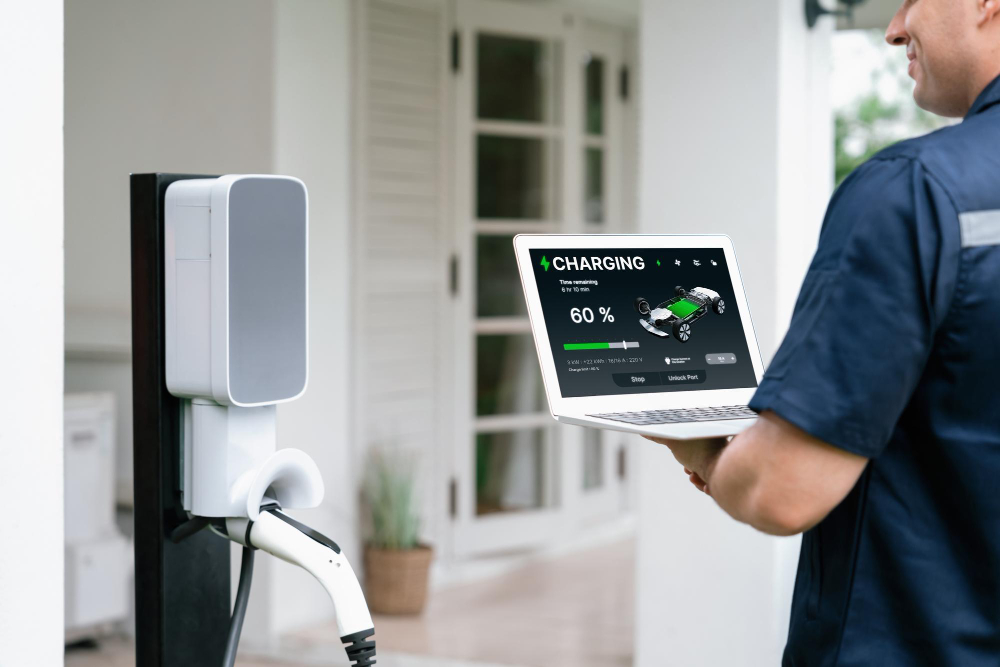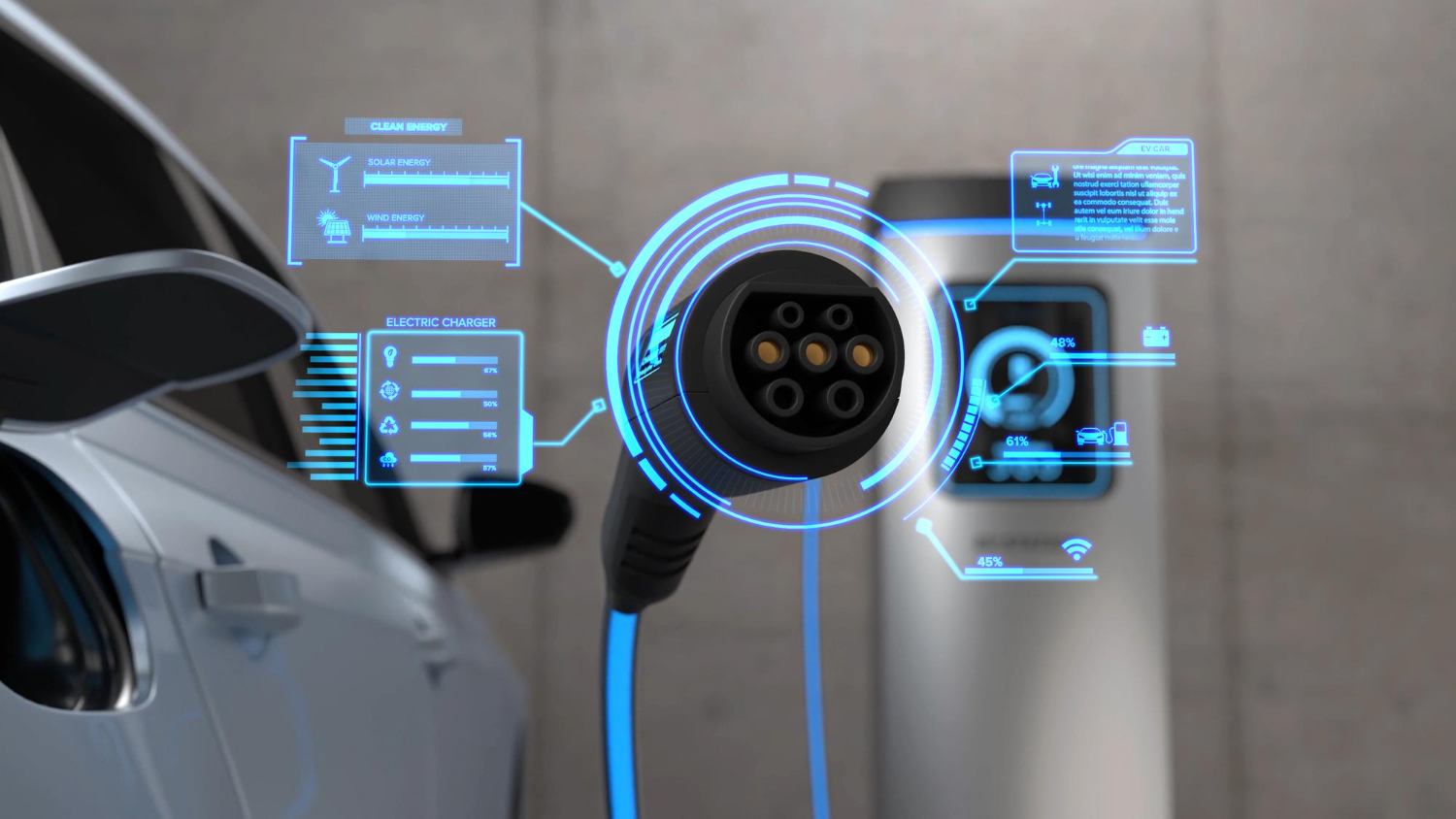As electric vehicles (EVs) continue to replace traditional fuel powered fleets, the focus is shifting toward smarter, more efficient ways of managing their energy needs. Fleet operators across Australia are now faced with new challenges and that is how to charge multiple vehicles without overloading the grid, how to keep energy costs down and how to monitor the overall health and performance of each vehicle.
Rather than simply plugging in and hoping for the best, fleet managers can now use AI driven systems to intelligently schedule and manage charging across their entire lineup. These smart systems save money whilst providing insights into performance, energy use and areas for improvement. The result is a shift from reactive to proactive fleet management, setting the stage for long term efficiency and sustainability.
So How Does AI Make Charging Smarter?
Artificial intelligence is central to making smart charging genuinely intelligent. By analysing data on usage patterns, battery health, grid demand and weather forecasts, it determines the most efficient times and methods for charging. One major advantage is predictive charging, so instead of fixed schedules, AI predicts when and how much each vehicle needs charging. This takes advantage of cheaper off-peak electricity rates and reduces stress on the grid. AI also adapts these predictions in real time for maximum efficiency.
Another key feature is real-time optimisation. These systems monitor grid load and energy pricing, allowing them to stagger charging times across multiple vehicles. This avoids costly peak charges and extends infrastructure life by preventing overloads.
Smarter Operations Beyond Charging
AI’s role in fleet management goes far beyond the charger. It supports battery health management by tracking charging habits, temperature fluctuations, and usage data. Spotting early signs of wear helps extend battery lifespan and avoid costly, unexpected failures.
AI also enables route optimisation by analysing traffic, road conditions, and weather to plan the most efficient routes. This reduces time on the road, cuts energy consumption, and improves schedule reliability.
Driver behaviour analysis is also another benefit as AI can flag risky habits like hard braking or speeding, giving fleet managers the insight to provide targeted feedback and training. This promotes safer driving, fewer accidents, and potential insurance savings.
The Tech Behind the Transformation
AI’s ability to transform fleet charging relies on key technologies. Machine learning uses historical and real-time data to improve forecasts and decisions. Neural networks understand complex relationships between factors like charging times, battery wear, and usage. Reinforcement learning takes it further, learning optimal strategies through trial and error and adjusting automatically to changing conditions.
Together, these technologies create a system that not only works smartly but gets smarter over time. As more data is processed, operations are refined, keeping fleets efficient, cost effective and sustainable.
Looking Ahead with Elanga
As electric fleets grow across Australia, having the right infrastructure will be essential. Smart charging powered by AI offers a future-proof, cost-saving, and sustainable approach to fleet management. We’re proud to help businesses install and adopt EV charging solutions designed for tomorrow’s challenges. Whether you’re just starting out with electric vehicles or ready to scale your fleet, smart charging is a powerful tool that can give you an edge.
